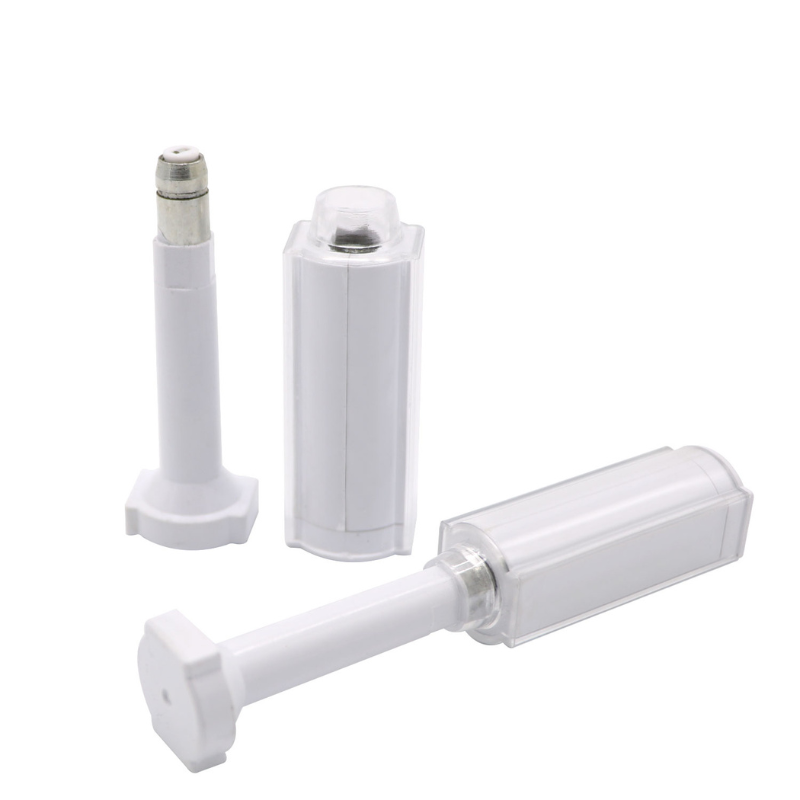
NFC Technology Empowers Emergency Identification for Athletes
Table of Contents
Summary
The concept arose from a personal experience of Roberto Simonelli, a technologist who suffered a severe accident that left him unidentified for two days in a hospital. This article delves into the scientific and technological aspects of the ICE-Key and its integration into athletic gear, showcasing how NFC can revolutionize emergency preparedness.
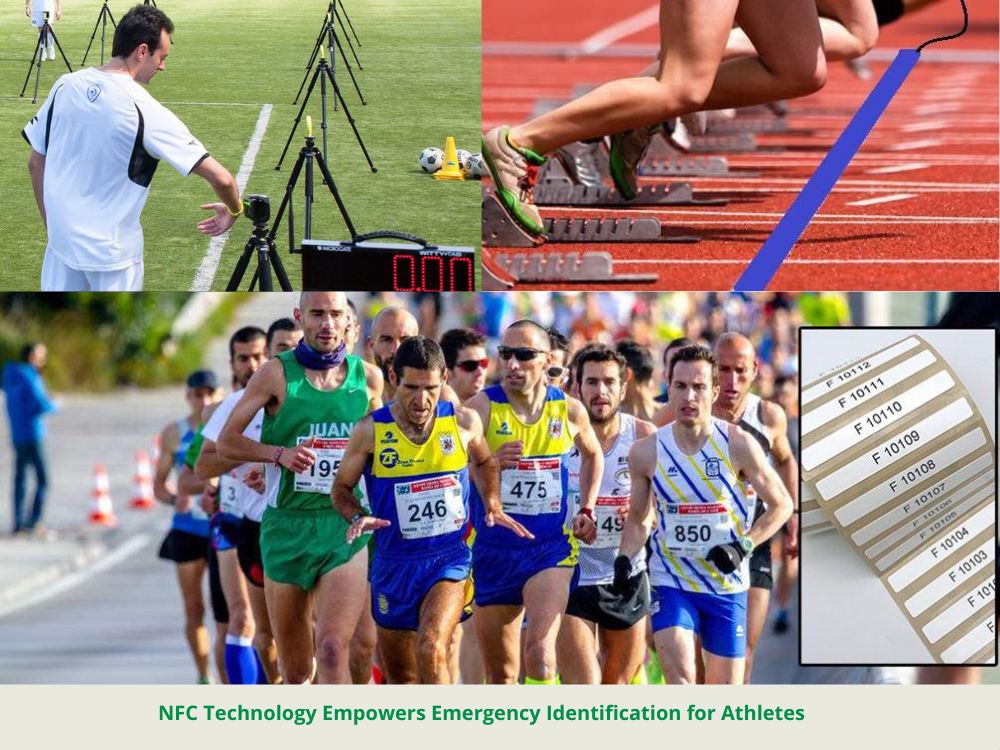
The Genesis of ICE-Key: A Technological Solution Born from Necessity
In 2008, Roberto Simonelli was involved in a serious motorcycle accident at the Misano World Circuit in Italy. Without personal identification, he remained unidentified and unable to communicate in the hospital for two days. This ordeal led Simonelli, leveraging his expertise in NFC technology, to develop the ICE-Key device to ensure that athletes and other individuals can be quickly identified in emergencies.
ICE-Key utilizes Avery Dennison’s Textrace NFC tag to link critical health information and identity details to a smartphone. This technology is particularly beneficial for athletes who prefer to minimize their gear and often leave personal documentation behind during competitions or training sessions. The DMT Cycling company has incorporated ICE-Key into their DMT Pogi shoes, worn by professional cyclists like Tadej Pogačar during events such as the Tour de France.
NFC in Action: The DMT Pogi Shoe Integration
The ICE-Key technology is embedded within a pocket on the outer side of the left shoe, where the Textrace tag is securely housed. A logo on the pocket indicates the presence of the technology, making it easy for emergency responders to recognize and use. The tag can store vital information such as the user’s name, blood type, emergency contacts, and other health-related details. The data is linked to the tag via the ICE-Key mobile app, which supports multiple languages.
Key Technological Features of ICE-Key
- Data Accessibility: The NFC tag can be read at a proximity of 1-4 centimeters, providing a transfer rate of 424 kilobits per second.
- Durability: The tag is designed to withstand harsh conditions, being waterproof, shock-resistant, and fire-retardant, ensuring reliability in various environments.
User-Friendly Interface: The ICE-Key app allows users to input and update their information easily, enhancing the device’s usability across different scenarios.
The Future of ICE-Key: From Emergency Response to Athlete Management
DMT Cycling is exploring further integration of NFC technology into their products, with plans to expand the use of ICE-Key in upcoming models. The company aims to launch new shoes in July 2024, incorporating feedback from current users. The long-term vision for ICE-Key includes broader applications, such as managing athlete identification during cycling events.
Advantages of NFC-Based Emergency Solutions
- Simplified Emergency Response: NFC-enabled devices like ICE-Key allow responders to quickly access crucial health information, reducing response time in critical situations.
- Increased Athlete Safety: By embedding identification technology directly into athletic gear, athletes can ensure their safety without carrying additional items.
- Scalability: The integration of ICE-Key into other products demonstrates the scalability of NFC technology in various domains beyond healthcare.
Comparison of Traditional and NFC-Based Emergency Identification Methods
Feature | Traditional Identification Methods | NFC-Based ICE-Key Solution |
Accessibility | Limited (requires physical documents or devices) | High (data accessed via smartphone) |
Durability | Prone to damage (paper, non-waterproof devices) | Waterproof, shock-resistant, fire-retardant |
Ease of Use | May require passwords or PINs | Tap-to-access, no passwords needed |
Data Storage Capacity | Limited | Flexible (supports multiple data types) |
Language Support | Varies | Supports seven languages |
Conclusion:NFC Technology as a Game-Changer in Emergency Identification
The integration of NFC technology in products like the ICE-Key showcases how technological advancements can address real-world problems. By providing a reliable and accessible means of identification and health information storage, NFC is setting new standards for emergency preparedness. As the development of ICE-Key continues, it promises to offer even more innovative solutions for athletes and others who prioritize safety and convenience in their daily lives.
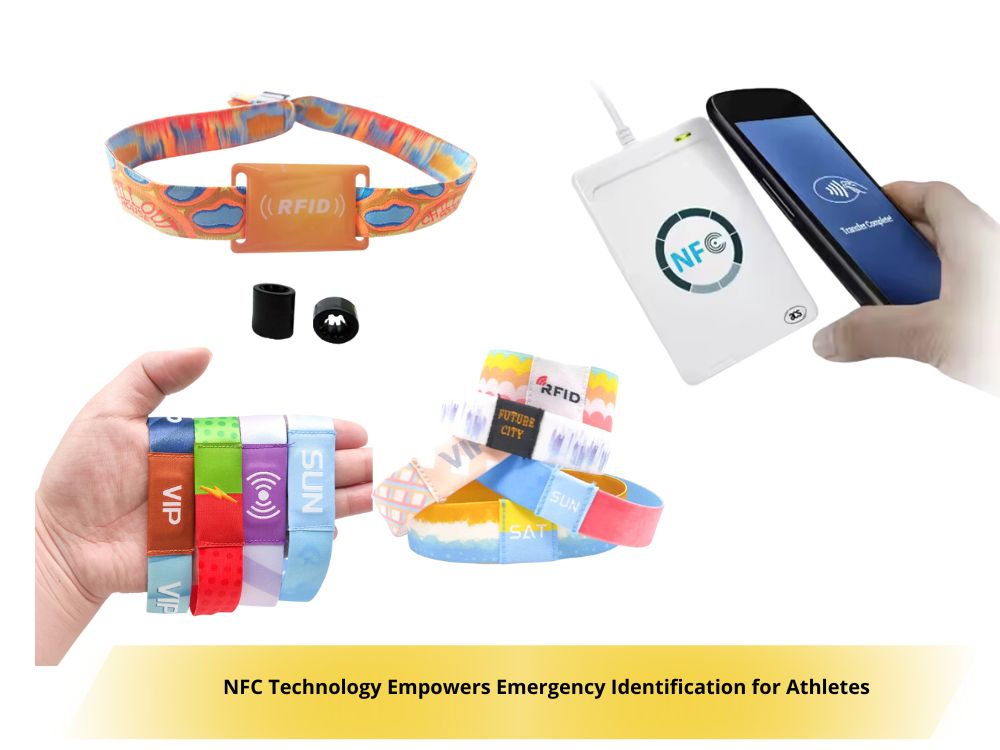
Comments
Hot Products

RFID in Logistics: How to Eliminate RFID Misrouting and RFID Label Failures
RFID in logistics is more than just a tool to speed up processes. It has become a key part of how modern supply chains operate.
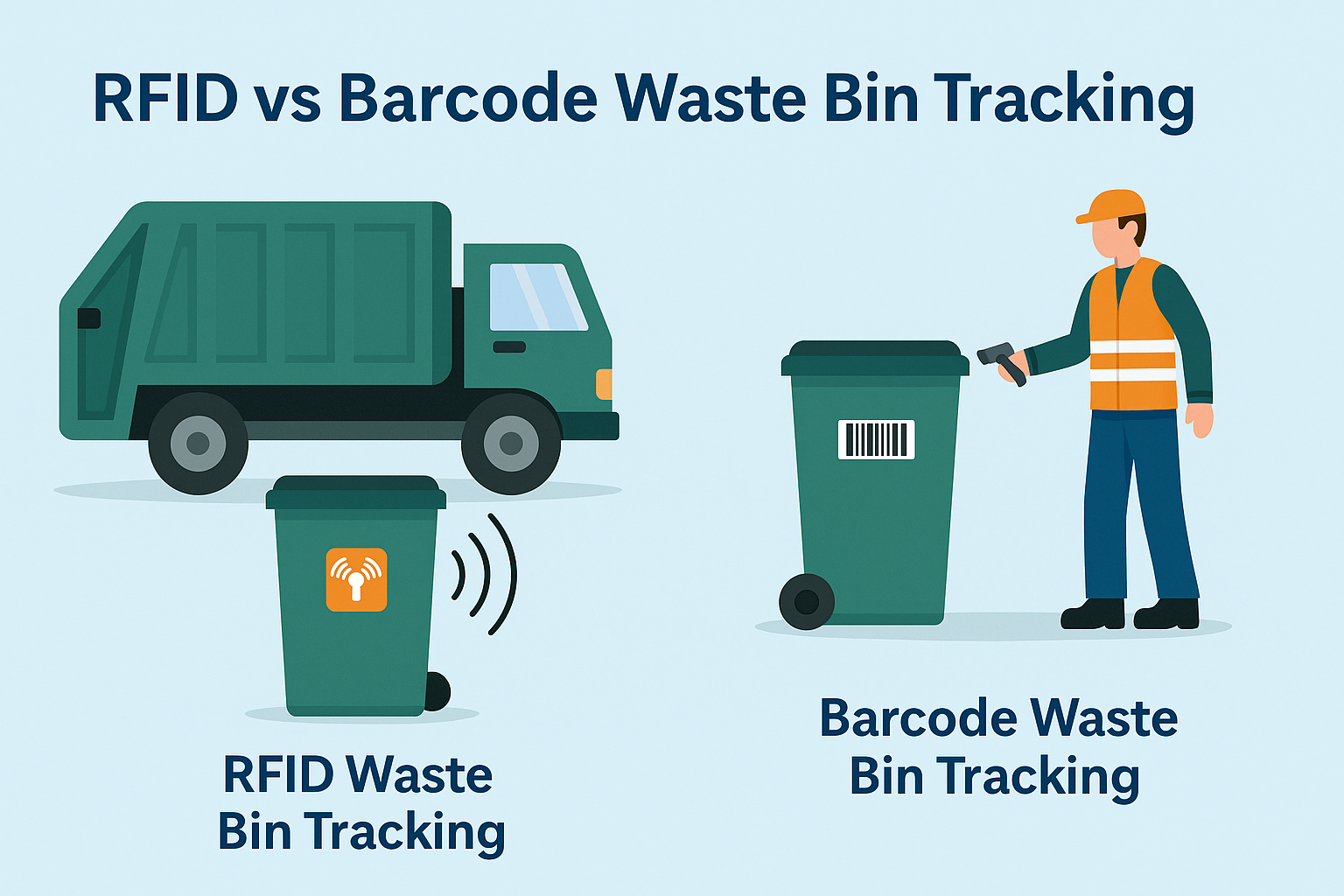
What Is RFID Waste Management
Imagine a city where every trash bin speaks — not literally — but through a tiny chip that tells the system when it’s full, when it’s emptied, and where it went. That’s what RFID waste management is doing today.
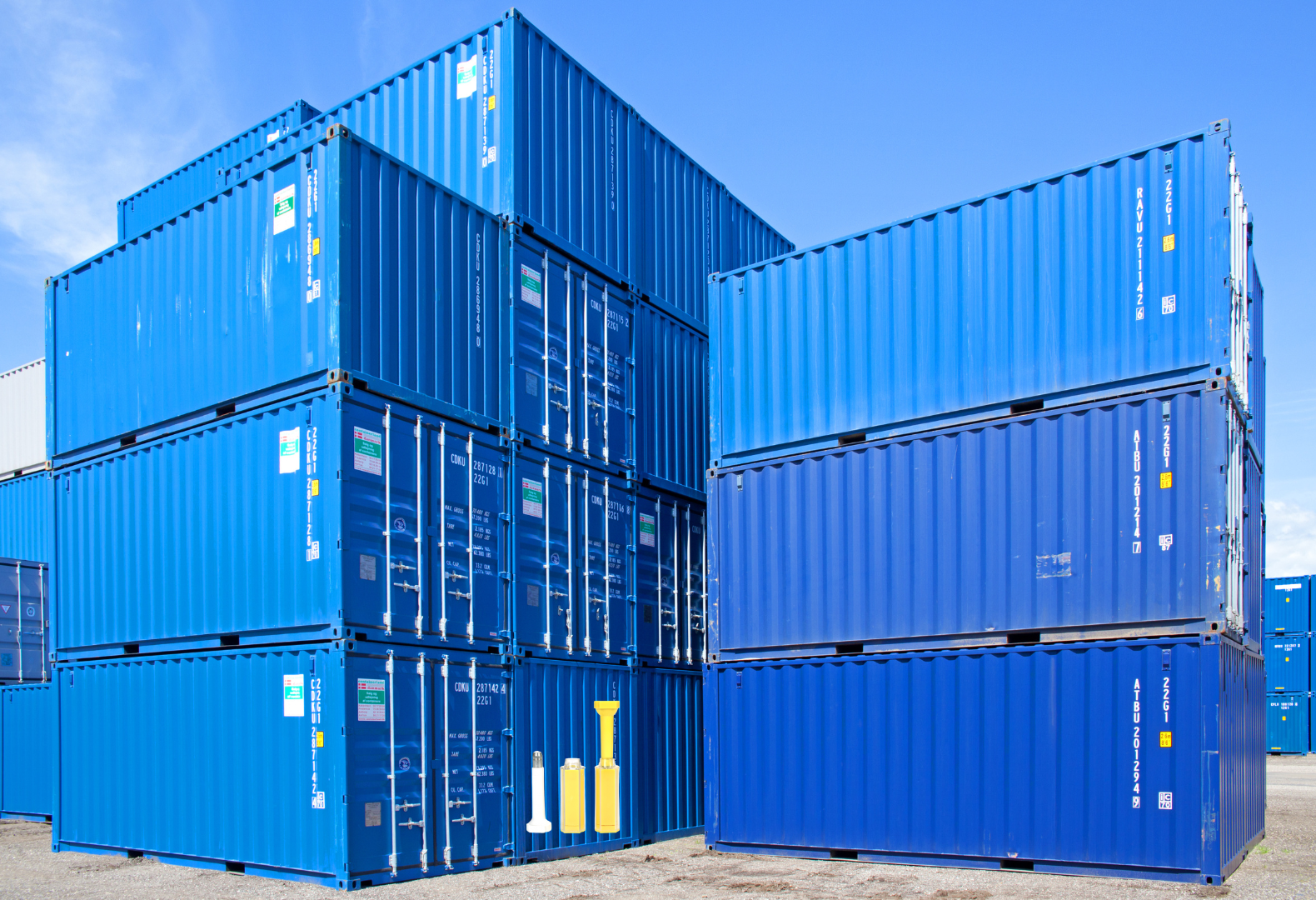
What are Bolt Seals and their Applications? | Complete Guide
In global trade and logistics, bolt seals play a crucial role in ensuring cargo security and compliance. These small but powerful devices are designed to lock shipping containers, trailers, and cargo doors with a tamper-evident mechanism.
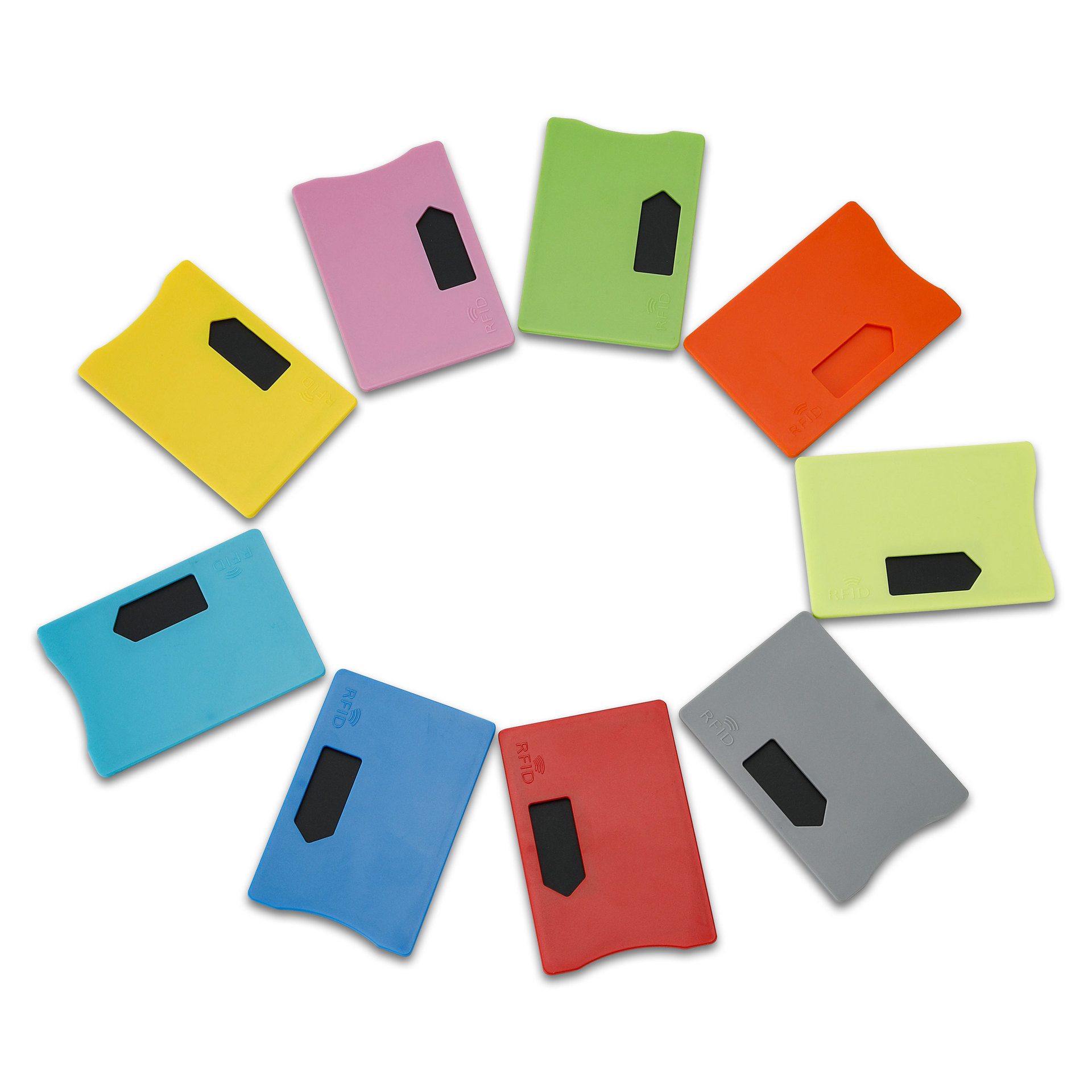
What is an RFID Card Protector? Benefits, Use Cases, and Buying Guide
RFID technology (Radio Frequency Identification) is everywhere: in your credit cards, ID badges, transit passes, hotel room keys, and more. It offers speed and convenience, but it also opens the door to a new kind of digital theft called “skimming.” That’s where an RFID card protector comes in.

RFID Wristbands for Events: Bulk Buying Guide for Organizers
RFID wristbands for events are becoming the go-to solution for organizers who need faster entry, fraud prevention, and cashless payments at concerts, festivals, and sports venues. Unlike paper tickets or QR codes, these smart wristbands use embedded chips to streamline access, secure transactions, and improve the guest experience.
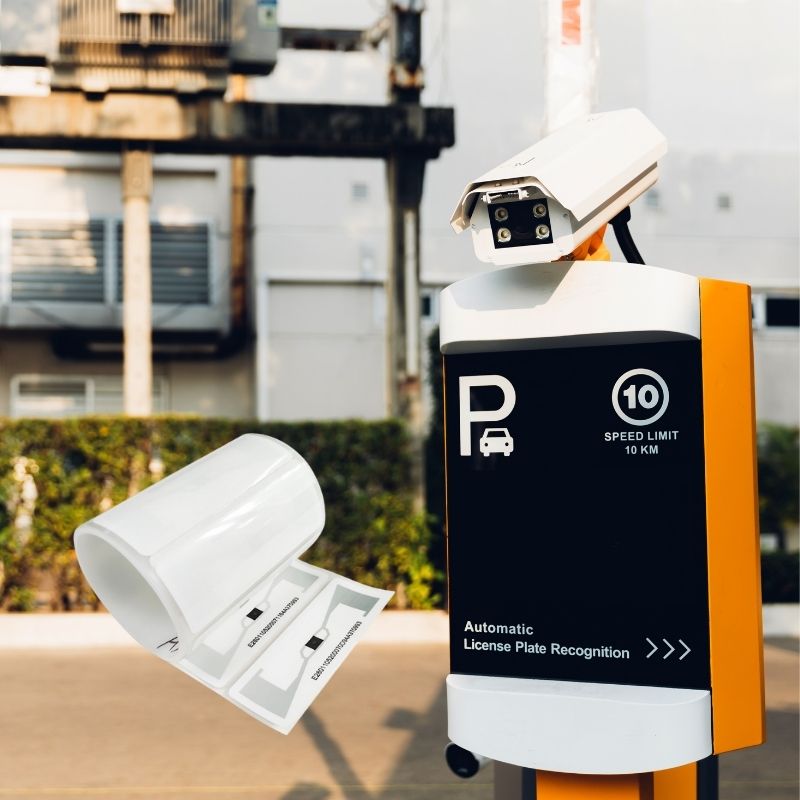
How RFID Tag on Windscreen Improves Vehicle Access Control and Toll Systems
In today’s fast-paced world, vehicle identification needs to be quick, secure, and contactless. An RFID Tag on the Windscreen provides exactly that — a reliable way to manage toll collection, parking, and gated access without stopping vehicles.
Tags
RELATED BLOGS

RFID in Logistics: How to Eliminate RFID Misrouting and RFID Label Failures
RFID in logistics is more than just a tool to speed up processes. It has become a key part of how modern supply chains operate.

What Is RFID Waste Management
Imagine a city where every trash bin speaks — not literally — but through a tiny chip that tells the system when it’s full, when it’s emptied, and where it went. That’s what RFID waste management is doing today.

What are Bolt Seals and their Applications? | Complete Guide
In global trade and logistics, bolt seals play a crucial role in ensuring cargo security and compliance. These small but powerful devices are designed to lock shipping containers, trailers, and cargo doors with a tamper-evident mechanism.



